Book Review: Girl by Edna O’Brien
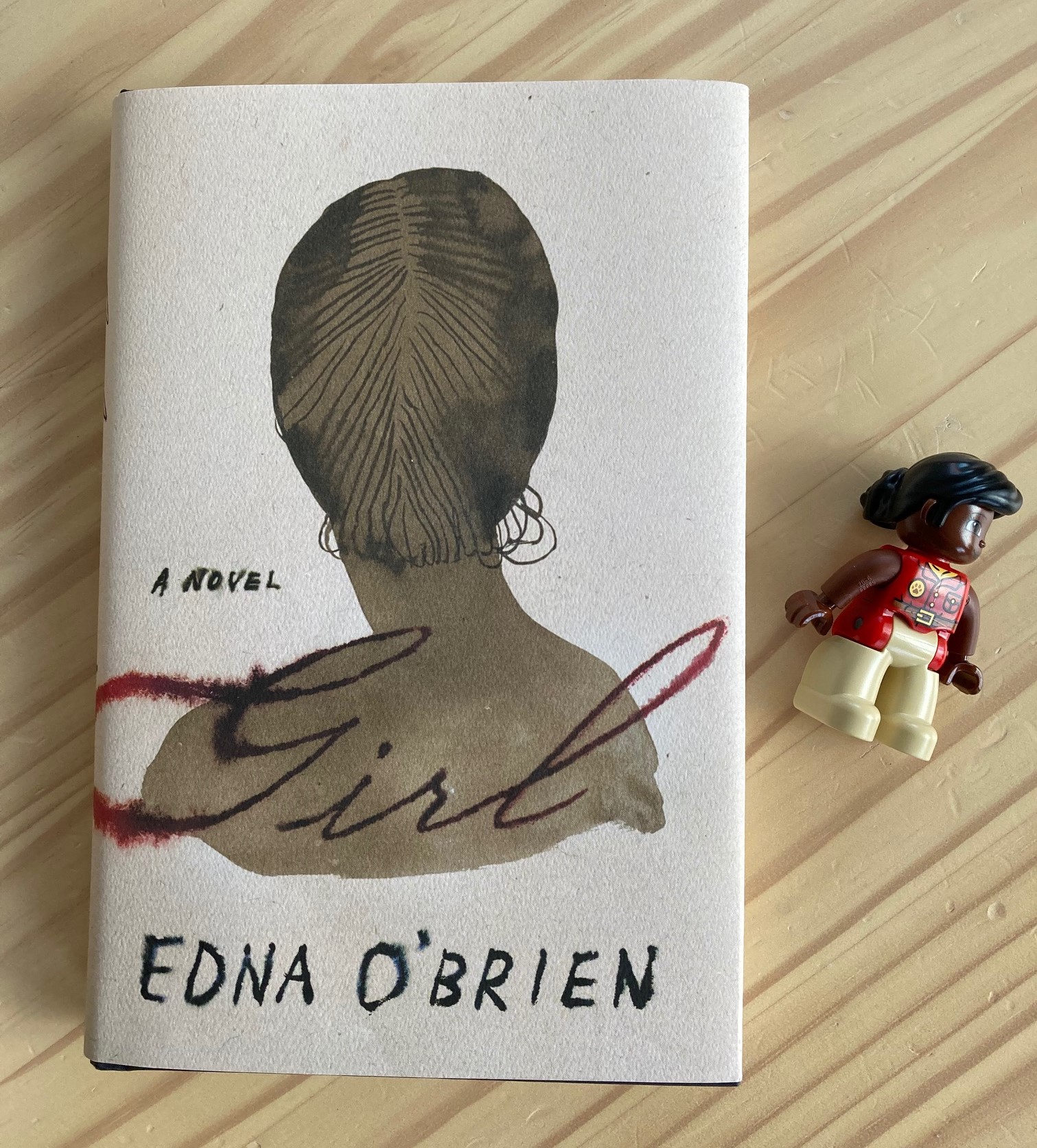
A few months ago I reviewed a book on this blog that raised the question; why read a book when you know it is going to be disturbing? Because I am a paid book critic, I consider it my duty to read all kind of stories, even when they don’t appeal to me. The breadth of my reading helps me become a better book reviewer, and it’s this thinking that leads me to pick up books I dread. My hope is to not scare off potential readers, but help ease them into these stories they may be hesitant to crack open. Girl by Edna O’Brien is the perfect example; it’s a (fictional) story written from the perspective of one of the girls kidnapped by the Boko Haram in Nigeria back in 2014. Obviously this is going to be a challenging read, in fact I can’t even offer a sufficient trigger warning because it includes just about every kind of violence imaginable. Still, it’s an important and worthwhile book for those who can manage it.
Plot Summary
Maryam is a young girl when she is taken by Boko Haram from her school. The book begins with her terrifying capture when her and her friends are stolen away in the middle of the night. They are taken to a bush camp deep in the jungle, where other women and girls act as slaves for the growing jihadist army that kidnaps other kids and brainwashes them into their ranks. This group is essentially breeding child soldiers to do their awful bidding. Treated worse than an animal, Maryam is worked to exhaustion during the day, and raped nightly in a ritualistic manner meant to bolster the male soldiers and break the women’s willpower. She is eventually married off to another solider who lives in the camp and impregnates her. A few months after giving birth to her daughter Babby, Maryam runs away with another girl when the camp is attacked, going even deeper into the jungle to escape the escape their captors. Lost and starving, with a baby to protect, Maryam aimlessly wanders around. Going from one dangerous situation to another, it’s a miracle she has survived, but the terrible stigma that attaches itself to the returned girls is just one more obstacle she must face.
My Thoughts
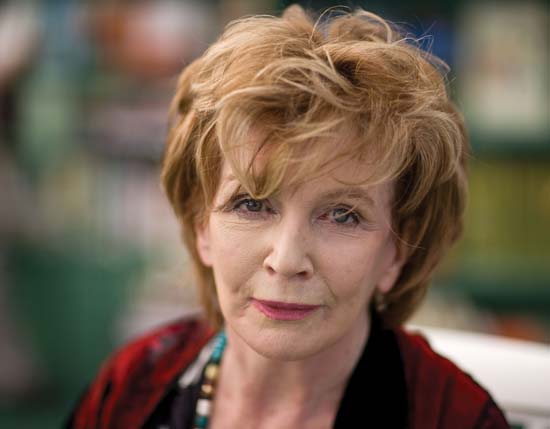
It may help to know that Maryam escapes the camp when you start this story, it certainly helped me, because as soon as the book begins she is swept into a life of fear and violence, enduring atrocities that most people can’t even begin to imagine. A little less than half of the book is spent on her time in captivity, and the descriptions never feel gratuitous, so that offers some respite from this dark subject matter. Her time in the jungle is full of uncertainty, and as she struggles to find food and water, she enters a sort hallucinatory state that makes the plot difficult to follow at times. Much of the danger she faces seems like a nightmare, but the descriptions aren’t visceral so it feels like we are somewhat removed from the physical inflictions she experiences. It’s not until she finds her way back that we feel on solid ground again, which I can only assume is a form of self-protection for the reader, writer and characters together. For short times we also inhabit other bodies, learning their stories of how they came to be captured by Boko Haram, written in italicized font to demonstrate separate voices. I found it strange that the author chose this very clear way of delineating voices, when the rest of the narrative was so unclear to me.
One aspect of this book that I struggle with is the fact that a white, older, middle-class woman has written it. Presumably, she has little in common with the girls who were taken by Boko Haram, but it’s clear she did lots of research, visited the affected areas, heard first-person accounts, and took every care imaginable to write a story that would honour these tragedies. Still, this book would have been far more effective if it was written by one of the girls themselves, or based on a particular girl who told her story to O’Brien. Instead, it is a novel, a fictional account based on all the aforementioned work O’Brien did. Perhaps it is too soon for any of the survivors to feel ready or well enough to reflect back on that time in a piece of art such as this, but I can’t help but wish it was their voices directly that we were hearing from. This is the first book about the Boko Haram that I’ve come across, but as their reign of terror continues, it’s stories like these that we need to read more of so the international community will be pushed to take further action against them.

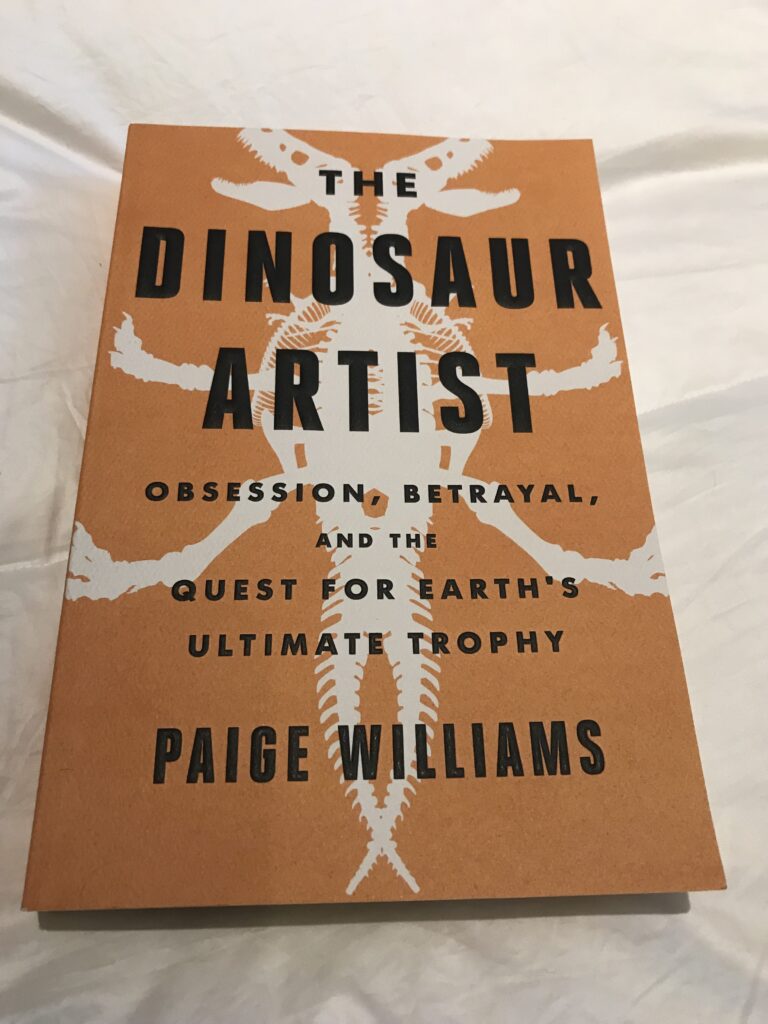
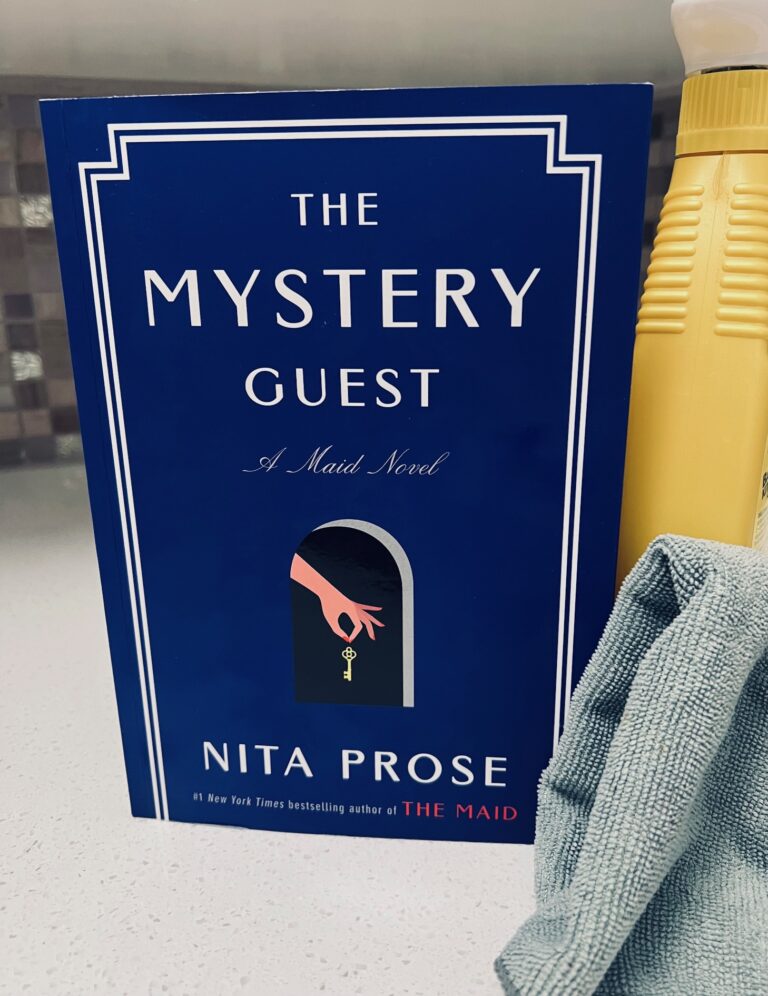
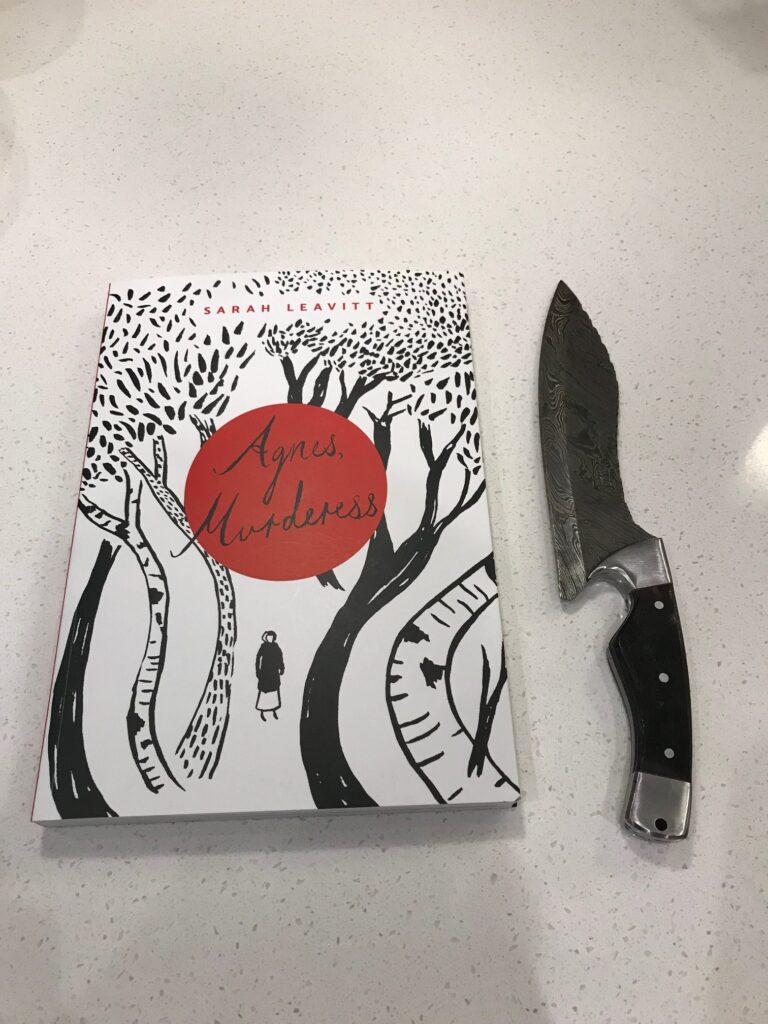
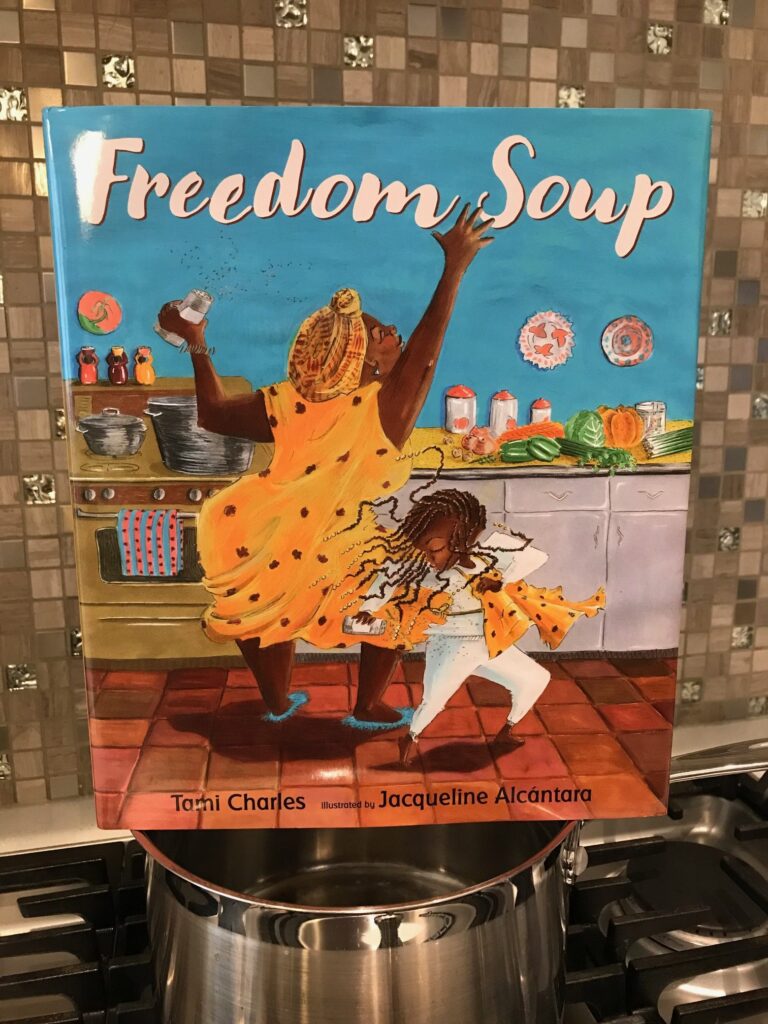
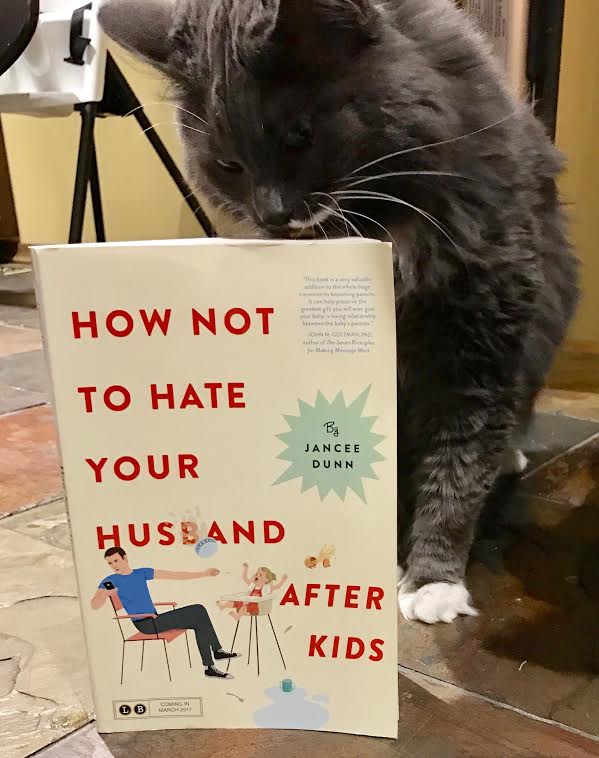
I remember when the squad I follow that readers the Women’s Prize books every year got to this one, the uniformly disliked it because 1) as you mention the author feels wrong for the subject matter, and 2) they also said the novel read more like it could have been a newspaper article instead of a whole novel. I didn’t read the book, but I can guess that what they mean is the author did so much research to make the book authentic (and perhaps make a safety net when people pointed out that she’s not African?) that the book feels too “fact-y.”
Hmm it’s funny I didn’t feel that way about it being like a newspaper article, but that may be because alot of it comes across as recollections, and past-tense? But yes, it is awkward coming from an upper class white woman, I’m keeping my eye out for other accounts from black women who were closer to it for sure
It’s tricky to know who should write these stories. Survivors themselves, as you say, may be too close to the trauma and they of course don’t owe anybody the telling of their story. I’ve read one book by O’Brien but I stopped it halfway through after a particularly horrific scene. So I don’t see myself reading this one any time soon!
yes, I saw one person’s suggestion to read disturbing books in the morning instead of before bed, and I’d wholeheartedly agree with that!
Lately I’ve been reading poetry before bed and it’s been an excellent palate cleanser!
I’d like to read about the male perspective too. It seems so odd to me that the men would consent to behave like this, and even odder, given the attitudes to women the behaviour implies, that they would then want to marry a girl who had been repeatedly raped. In a sense, I can understand the women’s stories without having to put myself through the horror of reading them, but I can’t understand the men at all.
that’s a very good point FF, and I suspect they are more like child soldiers in a way-brainwashed and hopped up on drugs most of the time.
Edna O’Brien is amazing. And I think it’s remarkable that she undertook to tell this story at this stage in her career, when she could have opted to put her feet up on a cushion and eaten a tin of biscuits instead.
Her writing was certainly impressive!
I feel as though, if the author is willing to put the necessary work into the book and feels strongly about the subject, it’s a good way for us readers to learn from it, even if it may not be the ideal way to tell the story. It sounds horrific, but also necessary to know about. Thanks for this review – I didn’t know what this book was about until now!
I agree Naomi, and there aren’t many books about this subject so it’s important we learn about it one way or the other